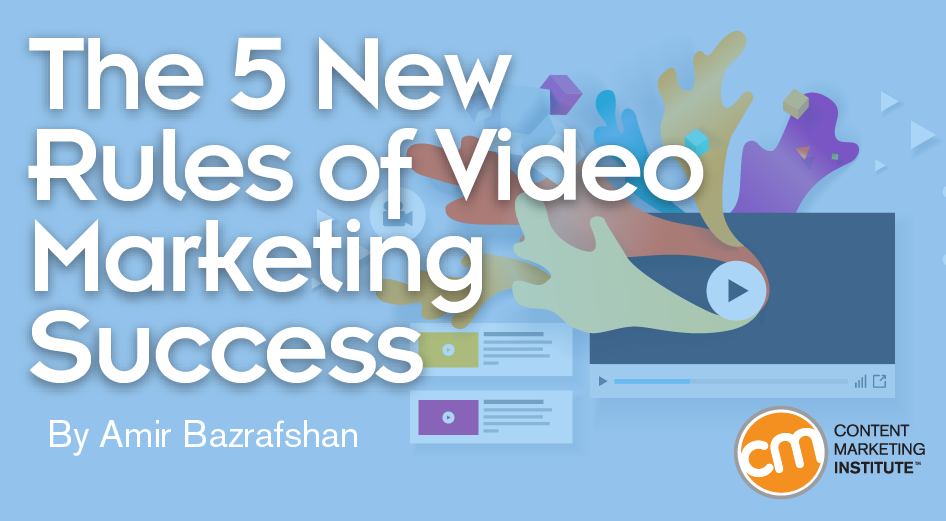What is Influencer Marketing and Why it is so Important for Marketers in the Digital Age
What is Influencer Marketing and Why it is so Important for Marketers in the Digital Age
As Social Media Grows in Importance, Marketers are Turning to Influencer Marketing
We live in times when social media is all pervasive and all important not only for individuals, but also for business entities. Indeed, no business can afford not to have a presence on social media which translates into mandatorily having a Facebook and Twitter as well as Instagram Account.
However, having such accounts with social media sites is not an end by itself and there needs to be sustained marketing and advertising which happens in the social media accounts. This has given rise to Digital Marketing with its own sets of rules and codes.
One of the key aspects of Digital Marketing is Influencer Marketing wherein celebrities, reputed business leaders, thought leaders, and other assorted experts endorse products and brands for a fee or for pro bono.
In addition, for anyone who has logged into LinkedIn (which is a premier professional networking site) would have seen how key thought leaders and influencers whose posts are eagerly awaited often endorse or for that matter, run down a product or a brand.
Indeed, these people are known as Influencers precisely for the reason that they can sway the consumer as well as the online and offline habits of Millions and even Billions of consumers with their prized opinions and reviews.
How Influencer Marketing Works
If we take analogies and examples, imagine if a Hollywood Celebrity such as Tom Cruise were to endorse your brand or be a Brand Ambassador.
Indeed, there is nothing more attractive and appealing to consumers than famous actors and business leaders in addition to sportspersons lending their weight to marketing campaigns.
Similarly, the Digital Age has spawned a new set of such important figures whose opinions, speeches, blog posts, and even social media likes, Tweets, and other forms of endorsements can influence the consumer behavior of the targeted market segment.
Given the fact that posts and opinion pieces by such Influencers are often shared and Re-Tweeted by Millions of Facebook and Twitter users means that such products and brands that are marketed in this manner have top of the mind brand recall among consumers.
Further, the fact that viral marketing can happen through such Influencers attests to their importance to marketers.
This is the reason why many organizations often send products and goods to such Influencers before they are released so that the Influencers can give their much sought after feedback on their Social Media and LinkedIn pages.
Viral Marketing and the Power of the Crowds
Talking about viral marketing, as mentioned earlier, the Digital Age needs brands to be embedded in the minds of consumers and what better way to achieve this objective than having the posts and Tweets about such brands “going viral”.
What this means is that a widely followed Influencer can easily ensure that the Facebook posts and the Tweets are shared Millions of times with the result that consumers are bombarded with so much marketing and advertising that they would consider buying such products.
Indeed, when the whole objective of Digital Marketing is to gain traction and brand recall, Influencers with their “crowd pulling power” can serve the objectives of marketers very well.
Further, viral marketing does not stop here and when mainstream media outlets pick up posts and Tweets that have gone viral, then they do provide media coverage and space in their online media sites as well as in newspapers thereby “amplifying” the effect and providing “surround sound” to the main marketing messages and advertising campaigns.
This is the reason why Influencers are much sought after by marketers and advertisers to ensure that their campaigns run well.
The Downsides of Influencer Marketing
Having said that, we must also caution against too much viral marketing without substance as the Influencers whose opinions are much sought after can easily dismiss the brands and products if they do not meet their standards. This is the reason why some marketers prefer to wait for some traction to be built before involving Influencers in their marketing efforts.
What it Takes to be an Influencer
So, what does it take to become a key Influencer or a Thought Leader? To start with, one must be an expert in some business or societal sphere and can also be a columnist or a Think Tank member whose views are regularly sought after by media outlets.
In addition, they are also speakers at Product Launches and Business Summits where they are in the lead panel discussions.
Of course, while this guarantees visibility to such Influencers, they must also be experts whose opinions and views are well measured and deeply thought through. In other words, just as mere celebrity-hood does not guarantee stardom, a Key Influencer ought to be someone who is non controversial and a genuine expert in some field or the other.
What this means is that he or she must not be a “hot air bag” and this is the reason why some leading consumer goods brands often have selected Influencers as their Brand Ambassadors instead of a “Catch All” approach.
Conclusion
Lastly, Influencer Marketing must also be followed by sincere attention to consumer complaints since the very reputed Influencers do not compromise their Integrity or sacrifice their reputation just for the sake of marketing a brand or product.
Further, with Social Media being driven by the Wisdom of Crowds, it is also likely that a brand might fall down the reputation ladder as quickly as it soared and hence, marketers ought to tread carefully here.
To conclude, Influencer Marketing is here to stay and it is better for organizations to adapt to it for their own good.









